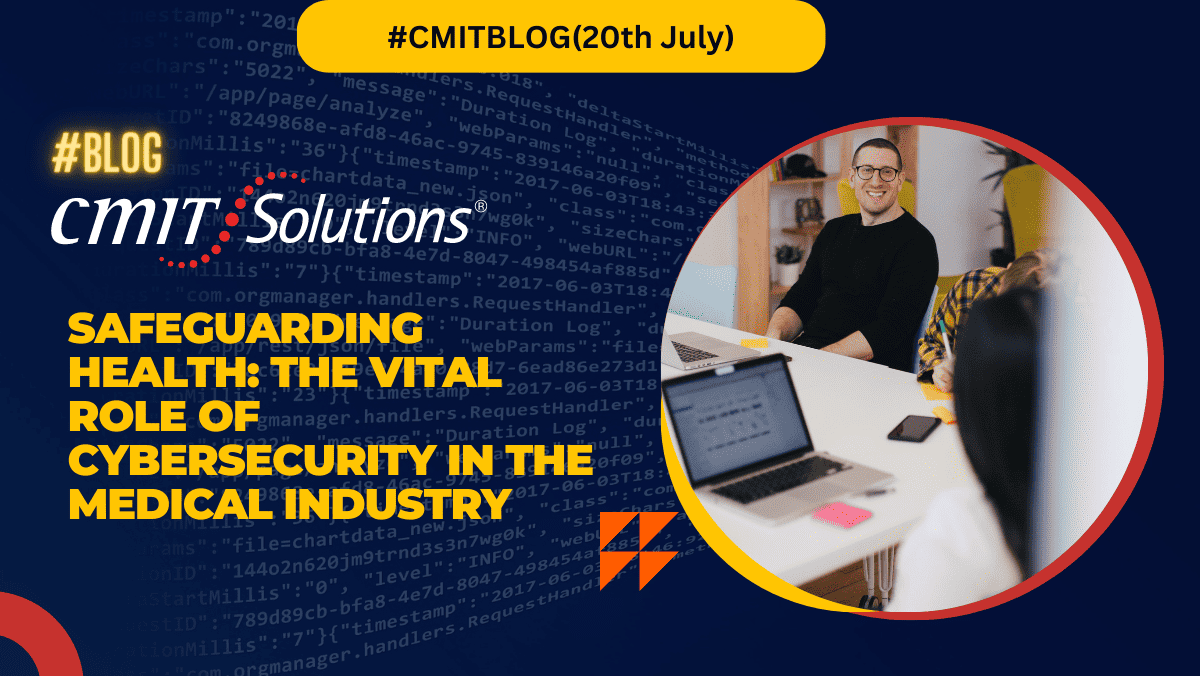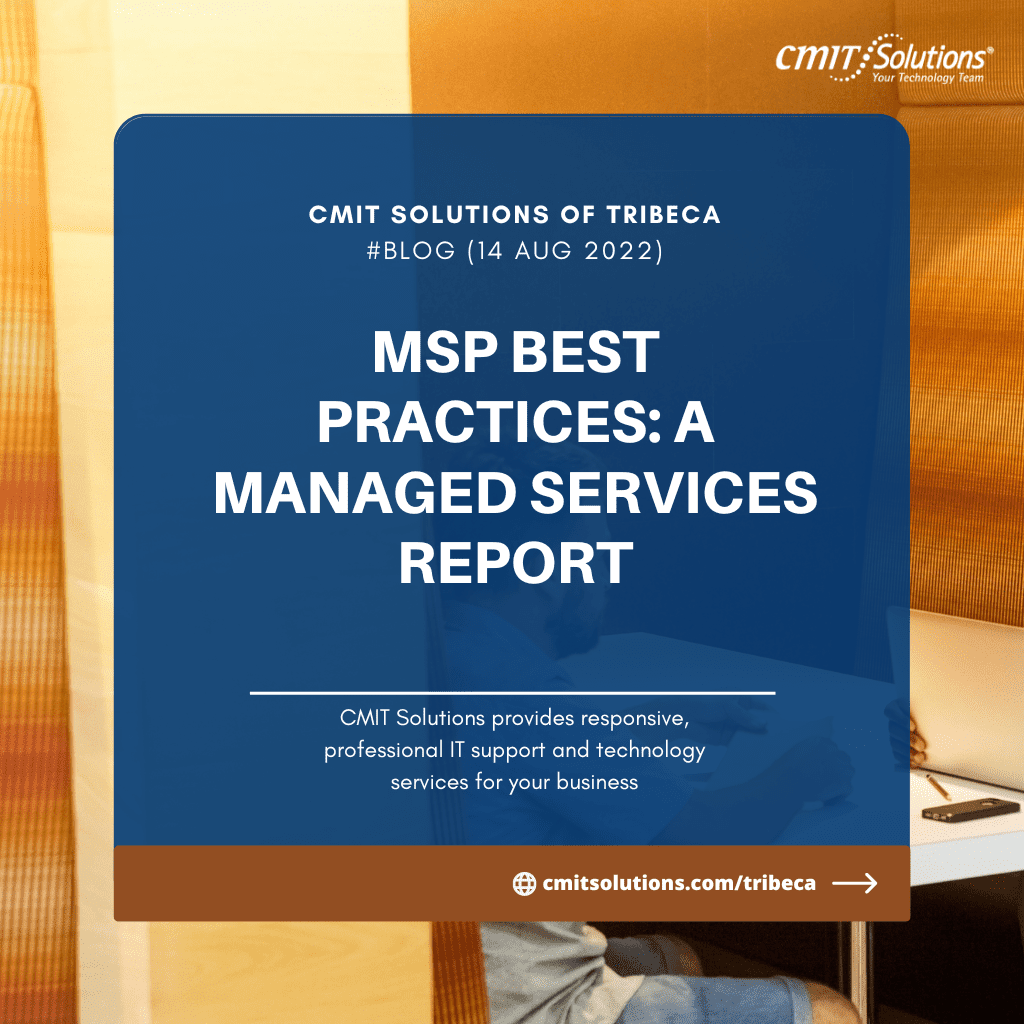Introduction
In an era where technology has permeated almost every aspect of the medical industry, the integration of electronic health records, telemedicine, and connected medical devices has undoubtedly brought numerous benefits. However, with these advancements come significant cybersecurity challenges that must not be overlooked. Protecting sensitive patient data, ensuring the integrity of medical devices, and safeguarding critical healthcare infrastructure are paramount in maintaining trust and safety in the medical field. In this blog post, we will delve into the importance of cybersecurity in the medical industry, the unique threats it faces, and the measures that healthcare organizations must adopt to fortify their digital defenses.
1. The High-Stakes of Healthcare Data Breaches
The medical sector is a prime target for cybercriminals due to the wealth of personal and sensitive data it holds. Electronic health records (EHRs), containing patient medical history, social security numbers, and financial information, fetch a high price on the dark web. A data breach in the healthcare industry can have far-reaching consequences, compromising patient privacy, leading to identity theft, and causing reputational damage to healthcare providers. Therefore, robust cybersecurity measures are essential to ensure the confidentiality and protection of patient data.
2. Vulnerabilities in Connected Medical Devices
The proliferation of Internet of Things (IoT) devices in healthcare has revolutionized patient care and monitoring. However, this connectivity also opens the door to potential cyber threats. Hackers can exploit vulnerabilities in connected medical devices, such as pacemakers, insulin pumps, and imaging systems, to gain unauthorized access or disrupt their functionality. Securing these devices requires a multi-layered approach that includes regular software updates, strong authentication mechanisms, and thorough penetration testing.
3. Ransomware and Healthcare Institutions
Ransomware attacks have emerged as a severe concern for healthcare institutions. These malicious attacks encrypt critical data, making it inaccessible until a ransom is paid. The potential consequences of a ransomware attack on a healthcare facility are dire, as patient care may be compromised, and valuable medical research could be lost. Healthcare organizations must invest in robust backup solutions, educate employees about phishing scams, and deploy advanced threat detection systems to thwart ransomware attacks.
4. Insider Threats and Employee Education
Despite advanced cybersecurity measures, the most significant vulnerability often lies within an organization’s own walls. Insider threats, whether intentional or unintentional, can result from employee negligence, improper data handling, or malicious intent. Regular cybersecurity training for all healthcare staff is essential to raise awareness of potential risks and reinforce best practices for data protection.
5. Regulatory Compliance and Cybersecurity
Healthcare organizations must navigate a complex landscape of data protection regulations. Compliance with laws such as the Health Insurance Portability and Accountability Act (HIPAA) and the General Data Protection Regulation (GDPR) is non-negotiable. Non-compliance can lead to hefty fines and legal repercussions. By implementing cybersecurity measures that align with these regulations, healthcare institutions can not only avoid penalties but also ensure the safety and trust of their patients.
6. Collaborative Security Efforts
The battle against cyber threats in the medical industry requires a collaborative effort. Healthcare organizations, vendors, regulatory bodies, and cybersecurity experts must work hand in hand to share threat intelligence, best practices, and insights. Collaborative efforts can lead to the development of industry-specific cybersecurity standards and frameworks that better protect the entire medical ecosystem.
Conclusion
As the medical industry continues to embrace technological innovations, the importance of cybersecurity cannot be overstated. Cyber threats pose significant risks to patient data, medical devices, and the overall healthcare infrastructure. Healthcare organizations must invest in robust cybersecurity measures, educate their employees, and ensure compliance with relevant regulations. Only through a collective commitment to cybersecurity can the medical industry continue to leverage technology to provide superior patient care while safeguarding sensitive information and maintaining the trust of patients worldwide.





